Dr Festus Adedoyin shares his experience of presenting at a BU Café Scientifique event on 1 June 2021.
Café Scientifique presents such an interesting opportunity to discuss academic research with a diverse and extraordinary audience. With events currently taking place online, there were members of the public in the audience from several countries. This public engagement pushed the boundaries of my creativity in trying to be as clear as possible, particularly in ensuring that the public can interact with my research without much complexity.
I discussed the application of some machine learning tools (ARIMA, Prophet model, Long Short-Term Memory and Recurrent Neural Network) to predicting the macroeconomic trend for the UK and what the post-pandemic future looks like. This is because, amidst the noise and confusion about the future, new and advanced scientific tools let us have a glimpse of the future, as well as the potentials for swift economic recovery. Overall, I asked the question: when compared with another similar economy like the US, is there something the UK can do differently?
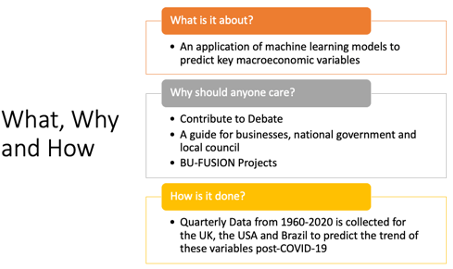
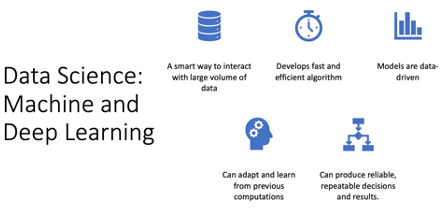
I agreed to participate in this public engagement, for my personal development, and because I love to receive feedback, new directions and insights on the why what and how of my research. While there are several economic reports from the news and government agencies, it is important to provide some evidence-based discussions around how the happenings in the economy can affect everyone at an individual level.
Before the event, I practised discussing my research with my wife who is a care worker and has no clue what machine learning algorithms mean. That helped me discover several ways to represent the ideas during the talk.
The event went well. There was a great turnout and lots of fantastic questions at the end. I think as a researcher we may get caught up in the ‘how’ of our research and not go deep in dissemination and public engagement. Therefore, constantly thinking and rethinking about the implications and interpretation of research findings and what it means for everyone should be a skill we all develop as researchers.


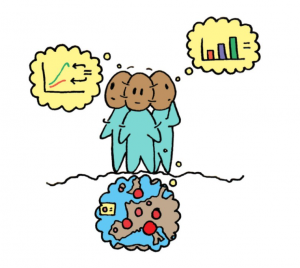
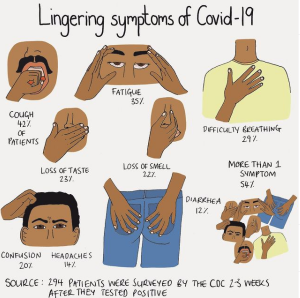
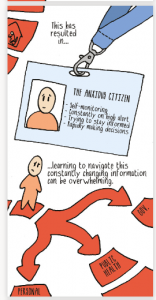
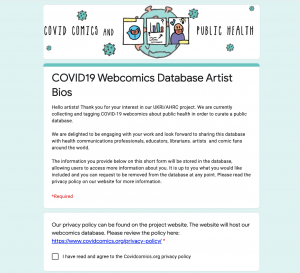
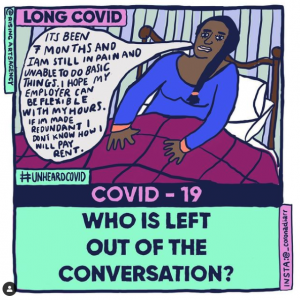
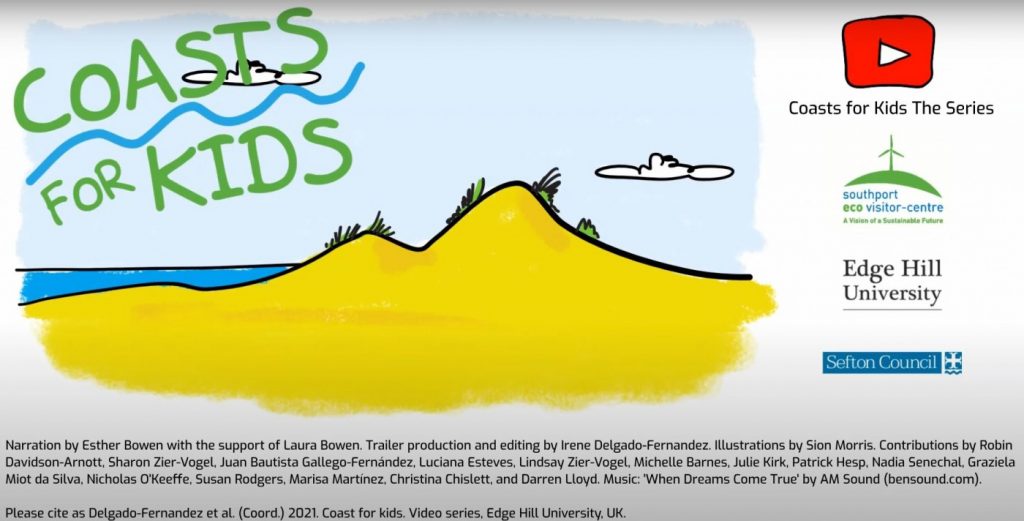
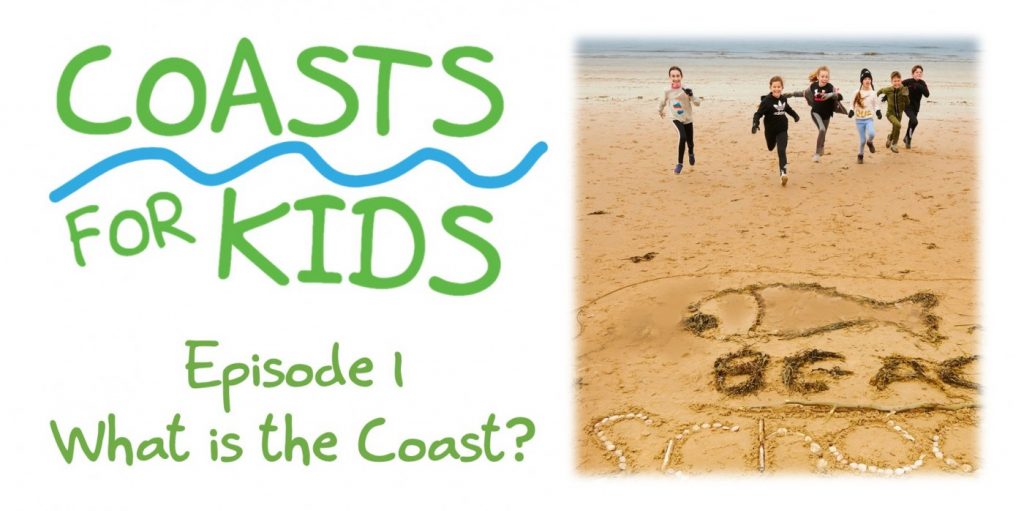
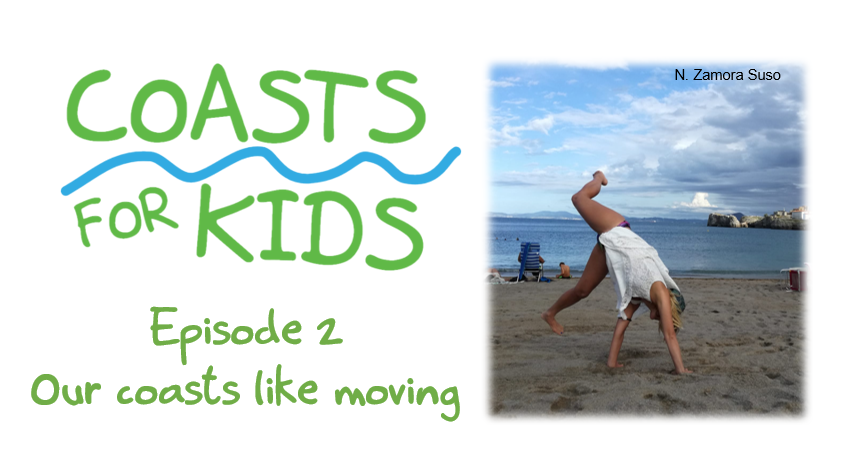
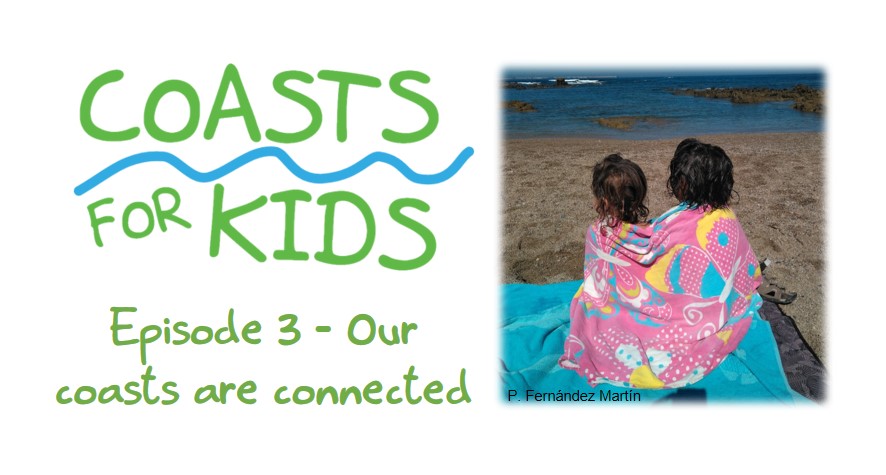
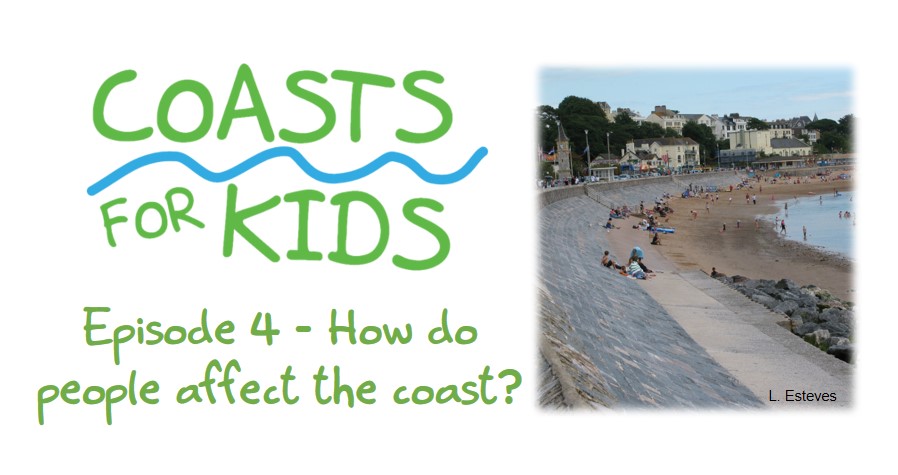
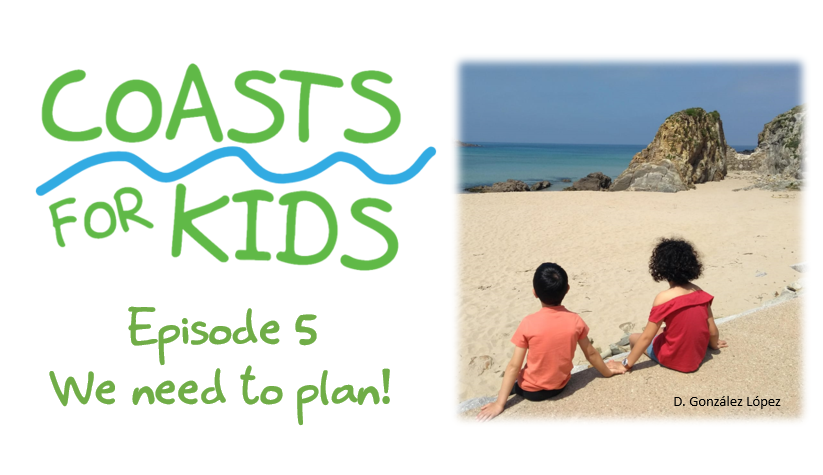



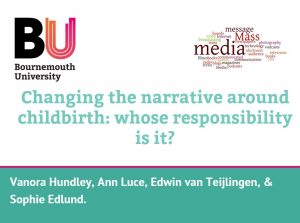

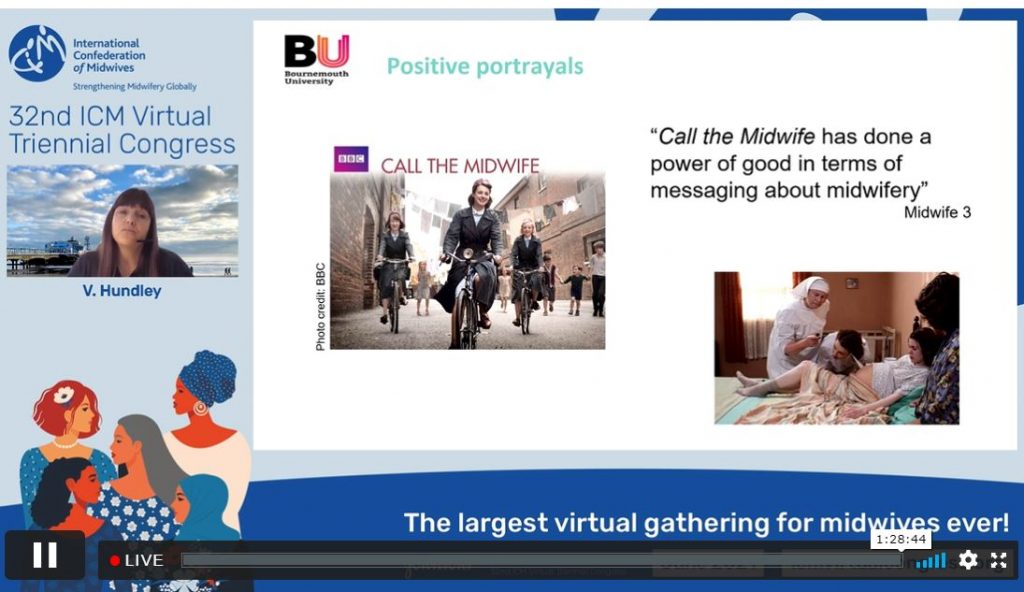
 The following RKEDF training events are coming up this month.
The following RKEDF training events are coming up this month.

 Although ecosystem collapse could clearly have major implications for human society, it has only recently become the focus of scientific attention. I became interested in the topic through my research on ecosystems near to Bournemouth, specifically the New Forest National Park and the county of Dorset. In the New Forest, we found that the ancient beech woodlands are collapsing throughout the Park, which is having a devastating effect on the wildlife associated with them. The main cause appears to be climate change, although high herbivore pressure is adding to the problem. In Dorset, we found that a number of ecosystems have been dramatically transformed over the past 80 years or so. Back in the 1930s, there were extensive areas of species-rich chalk grassland, for example, which has now largely disappeared, owing to the spread of arable agriculture. So the problem of rapid environmental change is happening everywhere, including on our own doorstep here in Dorset.
Although ecosystem collapse could clearly have major implications for human society, it has only recently become the focus of scientific attention. I became interested in the topic through my research on ecosystems near to Bournemouth, specifically the New Forest National Park and the county of Dorset. In the New Forest, we found that the ancient beech woodlands are collapsing throughout the Park, which is having a devastating effect on the wildlife associated with them. The main cause appears to be climate change, although high herbivore pressure is adding to the problem. In Dorset, we found that a number of ecosystems have been dramatically transformed over the past 80 years or so. Back in the 1930s, there were extensive areas of species-rich chalk grassland, for example, which has now largely disappeared, owing to the spread of arable agriculture. So the problem of rapid environmental change is happening everywhere, including on our own doorstep here in Dorset.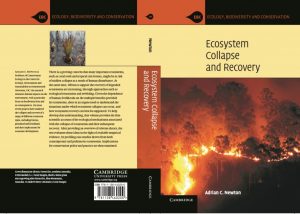
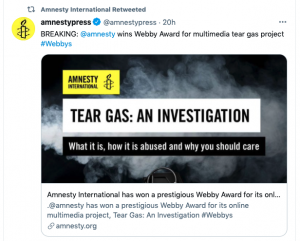 An Amnesty International project, which received support from BU’s Dr Anna Feigenbaum, has won the
An Amnesty International project, which received support from BU’s Dr Anna Feigenbaum, has won the 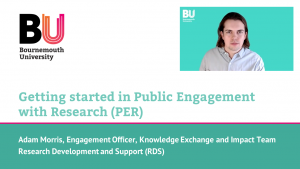
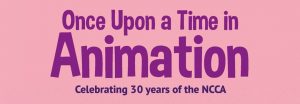
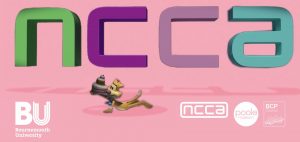











 Seeing the fruits of your labour in Bangladesh
Seeing the fruits of your labour in Bangladesh Exploring Embodied Research: Body Map Storytelling Workshop & Research Seminar
Exploring Embodied Research: Body Map Storytelling Workshop & Research Seminar Marking a Milestone: The Swash Channel Wreck Book Launch
Marking a Milestone: The Swash Channel Wreck Book Launch No access to BRIAN 5-6th February
No access to BRIAN 5-6th February ECR Funding Open Call: Research Culture & Community Grant – Application Deadline Friday 12 December
ECR Funding Open Call: Research Culture & Community Grant – Application Deadline Friday 12 December MSCA Postdoctoral Fellowships 2025 Call
MSCA Postdoctoral Fellowships 2025 Call ERC Advanced Grant 2025 Webinar
ERC Advanced Grant 2025 Webinar Update on UKRO services
Update on UKRO services European research project exploring use of ‘virtual twins’ to better manage metabolic associated fatty liver disease
European research project exploring use of ‘virtual twins’ to better manage metabolic associated fatty liver disease